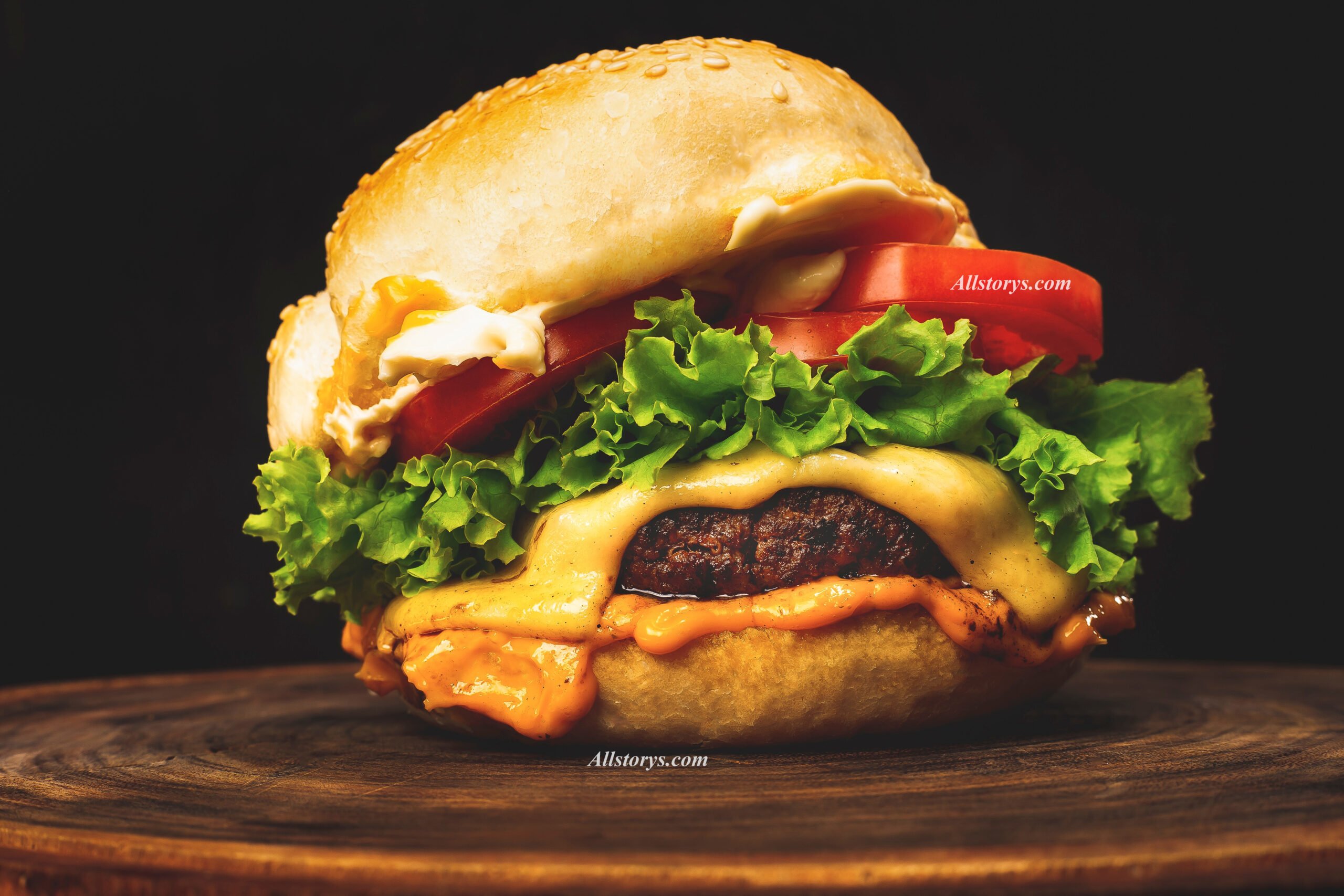While some foods may seem healthy or nutritious at first glance, they can actually fall into the category of junk food due to their high sugar, fat, or calorie content. Here are 10 foods that you may not have realized are considered junk food:
Granola Bars:
While granola bars may contain oats and nuts, they are often packed with added sugars, unhealthy oils, and artificial additives, making them more like candy bars than a healthy snack.
Flavored Yogurt:
Many flavored yogurts contain high amounts of added sugars, which can contribute to weight gain and other health issues. Opt for plain yogurt and add fresh fruits for flavor instead.
Fruit Juice:
Although fruit juice can provide some vitamins and minerals, it is often high in sugar and lacks the fiber content found in whole fruits. Consuming too much fruit juice can lead to weight gain and increased risk of type 2 diabetes.
Veggie Chips:
While veggie chips may sound healthy, most store-bought versions are often fried and loaded with salt and unhealthy fats. They are not a substitute for consuming actual vegetables.
Trail Mix:
While trail mix can be a nutritious snack when made with wholesome ingredients, many store-bought varieties are loaded with unhealthy additions like sugary dried fruits and chocolate candies, Consequently, they contain a lot of calories and bad fats.
Protein Bars:
While protein bars can be a convenient on-the-go snack, many of them are highly processed and contain added sugars, artificial sweeteners, and unhealthy fats. Read labels carefully and opt for bars with minimal ingredients and low sugar content.
Smoothies:
While homemade smoothies can be a healthy choice, commercially available smoothies often contain high amounts of added sugars, syrups, and sweetened fruit concentrates. Be mindful of portion sizes and choose smoothies made with whole fruits and vegetables.
Instant Oatmeal Packets:
Flavored instant oatmeal packets are often loaded with sugar, artificial flavors, and additives. Opt for plain oats and add your own natural sweeteners like fresh fruits or a touch of honey.
Processed “Low-Fat” Foods:
Many processed “low-fat” foods, such as cookies, cakes, and snacks, often compensate for the reduction in fat content by adding more sugar and unhealthy additives. Always check the ingredient list and choose whole food alternatives whenever possible.
Store-Bought Salad Dressings:
Store-bought salad dressings can be high in unhealthy fats, added sugars, and artificial additives. Consider making your own dressings using olive oil, vinegar, and herbs to control the ingredients and avoid unnecessary additives.
Remember
moderation is key when it comes to consuming these foods. It’s important to read labels, be aware of portion sizes, and prioritize a balanced diet that includes a variety of whole, unprocessed foods.

